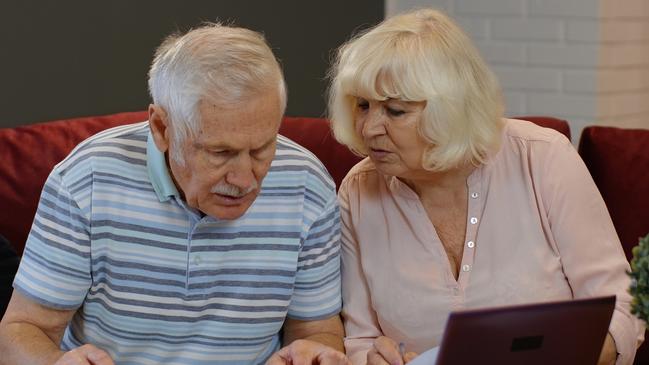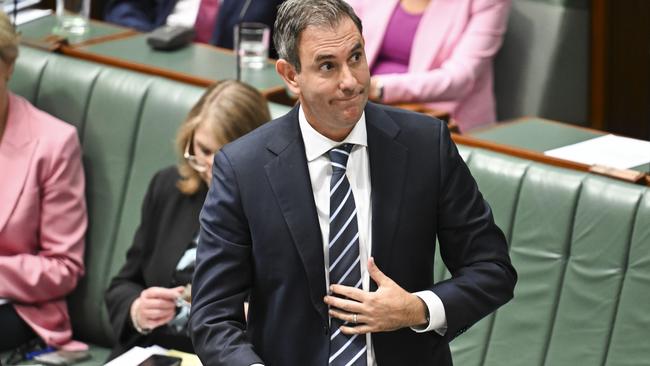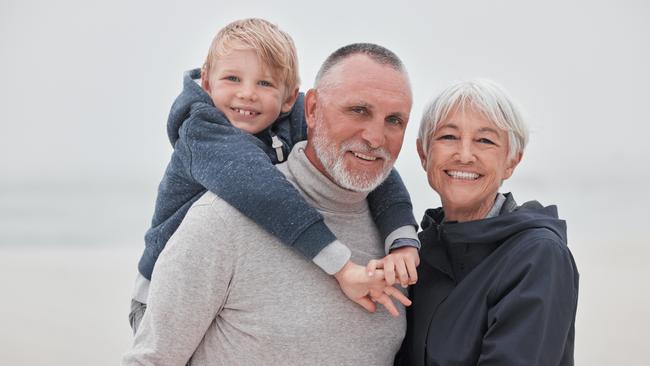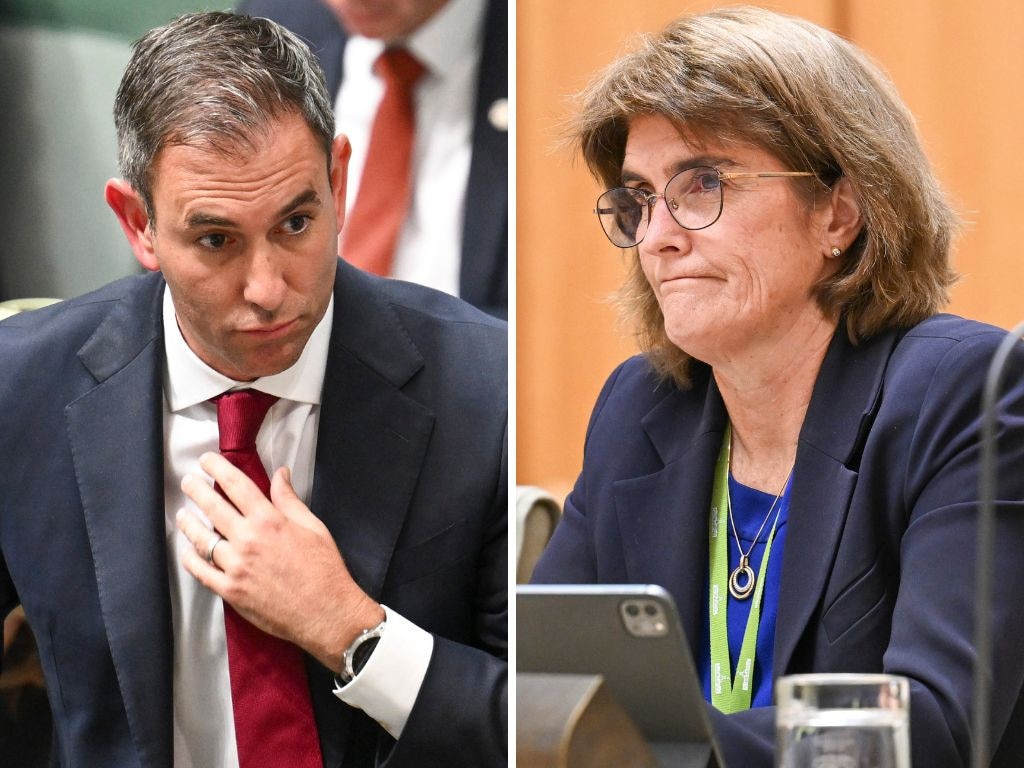
And so we can now give the Chalmers’ tax a new title: The Grandmas and Farmers Superannuation Tax.
Fascinatingly, in the US, Kamala Harris ‘stole’ Jim Chalmers’ idea and incorporated a similar unrealised gains tax in her presidential campaign, although she used a trigger point of $US1bn — compared to Chalmers'’s trigger of $A3m.
The Harris $US1bn trigger played a big role in causing billionaires like Elon Musk and others to back Donald Trump. But that’s nothing compared to what will happen to Chalmers if he takes on Australia’s middle-income grandparents — plus our farmers and emerging enterprises.
And, because the tax was devised to overcome poor accounting systems at industry funds it is going to be linked with the bad practices now emerging in some industry funds led by Cbus.
Like me, Chalmers will discover being ‘mobbed’ by angry grandmas can be a frightening thing.
In my ‘mobbing’ the grandmas showed me how Chalmers has grossly underestimated the number of people set to be impacted, without taking into account the lack of indexation.
My grandma mobbing came at a large social dinner function. Just before sweets were served a team of eight grandparents suddenly emerged at my table — led by the grandmas.
There was no mincing of words: “You, Robert, have taken your eye off the unrealised capital gains tax ball. Your last article was in August. Since then, silence”.
They explained how Chalmers’ figures on the amount of people impacted simply do not take into account the ‘grandma factor’.

Statistically, it is likely in the next five years more grandpas will die than grandmas. But, even if deaths are equal, the combination of their superannuation balances will take the survivor above the trigger point.
It’s important to understand Chalmers’ new tax comes in two blows. The tag ‘The Grandmas and Farmers Tax’ applies only to the second tax.
The first tax: for those with total superannuation balances above $3m, the tax on the conventionally calculated declared income on those funds above $3m rises from 15 per cent to 30 per cent.
There is no widespread community argument about this extra tax, except that the $3m trigger should be indexed. But, the industry and many retail funds have antiquated accounting systems which could not calculate this tax on multiple funds, so a second tax was required — The Grandmas and Farmers Tax.
On July 1, 2025 (and in every subsequent year) superannuation fund members must provide a market value of the total asset base of their superannuation funds.
A year later on June 30, 2026 there will be a duplicate calculation of paper asset paper values and the beneficiary of the rise in unrealised gains will be personally taxed at 15 per cent on the funds’ unrealised gains, with adjustments for tax already paid. (If the July 2025 base is below $3m then $3m is taken as the base.)
I emphasise that The Grandmas and Farmers Tax is on the individual, not the fund. Of course, many individuals will withdraw money from their super funds to pay the tax bill.
Right now, our middle-income grandparents are paying school fees and helping grandchildren buy dwellings. They will be told the severe consequences of voting for the ALP or the Greens.
The ALP will be scared of the grandmas, but couldn’t care less about farmers and family enterprises with illiquid property in their superannuation funds, who will have great difficulty paying the tax without selling their farm or property. They are National and/or Liberal voters.
Among the independents and crossbenchers who solemnly vowed to oppose the unrealised gains tax with no indexation, I think Tasmania’s Jacqui Lambie understands the issues well. Canberra’s David Pocock lives far away from the real world in the national capital and his people are now making noises he might renege on his promise.

The bill has passed the lower house and is not scheduled for the Senate this week, but may come up next week.
Chalmers is believed to be offering to index the trigger, but this would not remove The Grandmas and Farmers Tax.
As I have explained previously, it is simple to amend the legislation and raise most of the money required without imposing The Grandmas and Farmers Tax.
First, index the trigger then any person with funds in superannuation exceeding an indexed $3m who can accurately calculate their realised profits and total superannuation income will be taxed at 30 per cent on the proportion of income which applies to amounts invested above an indexed $3m.
There would be no tax on unrealised gains. Those fund members who invest in funds which can’t provide that detail will be taxed personally at 15 per cent on unrealised gains.
The detail is easy for self-managed funds, but even for the retail and industry funds lumbered with poor accounting systems it would not be difficult to establish a separate fund for members with total funds above an indexed $3m.
My recommendation to Jim Chalmers is have a word with Bill Shorten and discover what happened to him in 2018 when Chris Bowen convinced Shorten to support a very poorly constructed franking credits tax, just as Treasury is doing to Chalmers in super.






Middle-income Australian grandmothers are starting to wake up to the fact they will join farmers and family business as a target for treasurer Jim Chalmers and his unrealised capital gains superannuation tax.